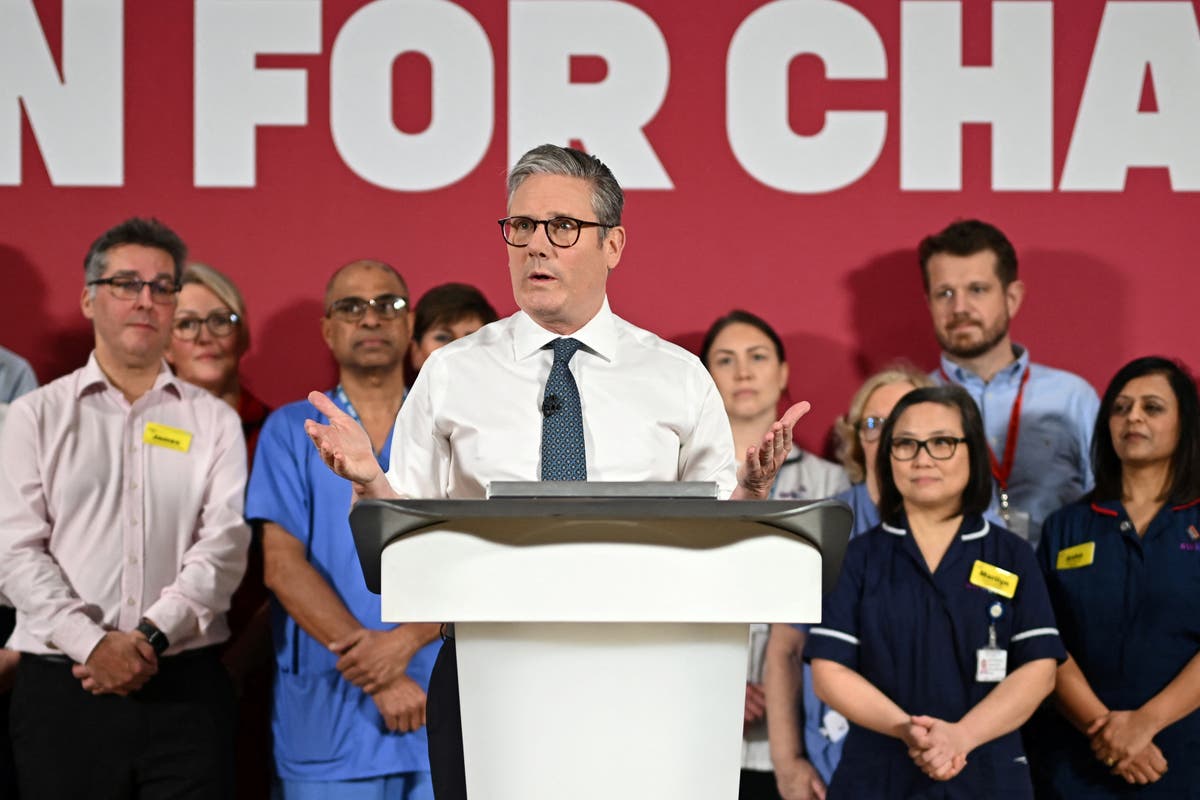Recent polling suggests that three key policy decisions by the Labour government are viewed by voters as more damaging to the party's image than the Partygate scandal. A new survey conducted by More in Common for LBC reveals a majority (51%) believe the cuts to winter fuel payments are more detrimental to Labour than the 2020 Downing Street parties were to the Conservatives.
Further exacerbating the situation, a significant portion of voters consider the "tractor tax" – the inheritance tax changes targeting family farms – as equally, or more, damaging than Partygate. Over a third of respondents cited the farm tax as more harmful than the 2020 scandal. Similarly, the decision not to compensate women affected by changes to the state pension age is viewed as more detrimental by 31% compared to 22% who find Partygate more problematic.
This negative perception underscores a growing concern about Labour's handling of key policy issues since taking office. In contrast to Partygate, which tarnished the Conservative reputation and contributed to the party's electoral setback in July, these recent measures appear to be having a similar, or potentially even worse, impact.
The findings are particularly alarming, as they suggest a potential historic drop in approval for a new Prime Minister. The current disapproval ratings for Keir Starmer are significantly more negative than those experienced by any recent Prime Minister since John Major in 1992.
Experts and critics highlight the unpopularity of the policies, particularly the winter fuel payment cuts and the farm tax, arguing they disproportionately affect vulnerable populations. These unpopular decisions are likely to create further public dissatisfaction.
Responding to the findings, some Labour officials have attempted to contextualize the unpopular decisions. Wes Streeting, for example, pointed to the financial challenges inherited from the previous government as justification. However, these efforts seem to have had limited impact on public perception.
These recent developments present a significant challenge to the Labour government, as voters' perception of their actions may negatively impact future electoral prospects, especially given the impending local elections.







